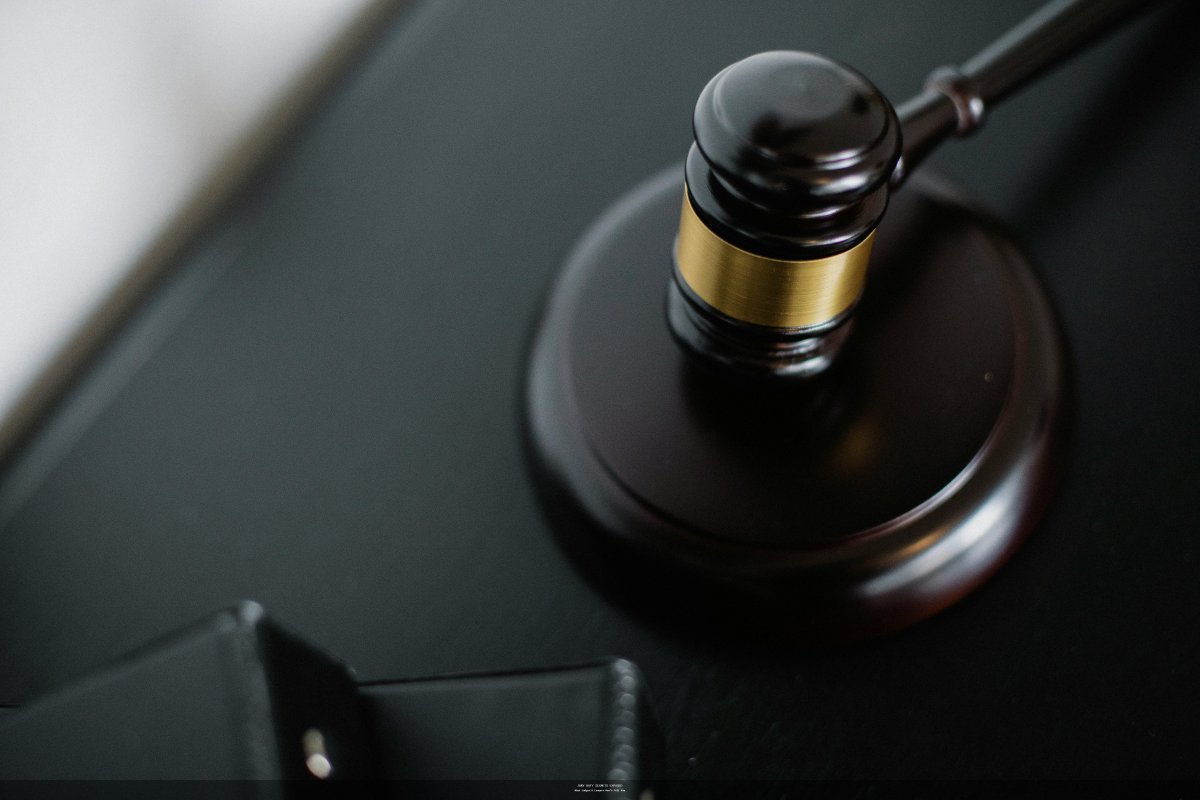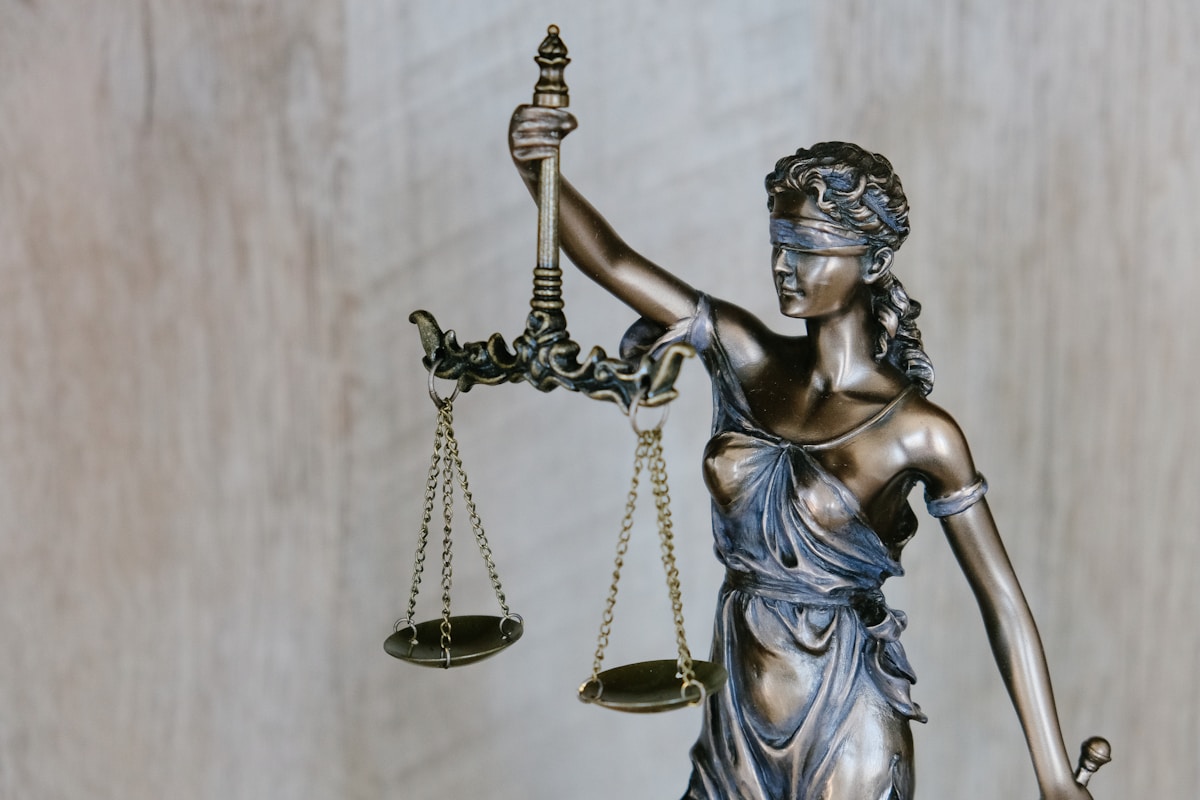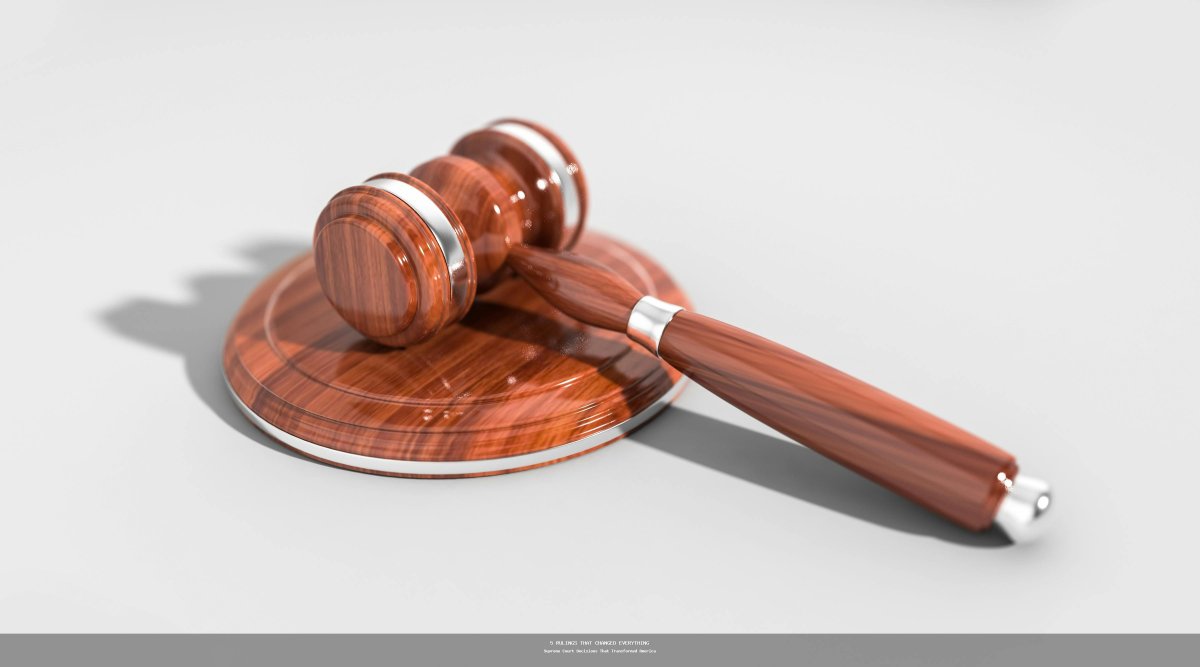When most people receive a jury summons, they imagine a straightforward selection process based on impartiality and fairness. The reality, however, is far more sophisticated. Behind the scenes, attorneys use complex psychological profiling, data analysis, and carefully crafted questioning techniques to shape juries favorable to their cases—sometimes before potential jurors even enter the courtroom.
The Science and Strategy Behind Jury Selection
Modern jury selection is a blend of art and science, with both sides employing techniques that go far beyond the basic voir dire questions presented in court. Here's what really happens when attorneys select the people who will decide a case's outcome.
Pre-Courtroom Surveillance
In high-stakes cases, particularly those involving wealthy clients or corporations, attorneys often employ jury consultants who conduct extensive research before potential jurors ever set foot in court:
- Social media analysis of the jury pool to identify political leanings, personal values, and potential biases
- Database searches through public records including voting history, charitable donations, and previous jury service
- Demographic profiling based on zip codes, occupation, and other publicly available information
This information creates detailed profiles that help attorneys identify who might be sympathetic or hostile to their case before questioning begins.
The Shadow Jury
In particularly high-profile or complex cases, attorneys sometimes employ "shadow juries"—groups of individuals with demographics similar to the actual jury who observe the trial and provide nightly feedback on how arguments are being received. This allows legal teams to adjust their presentation based on how similar individuals are responding to evidence and testimony.
The Psychology of Questioning
During voir dire (the formal questioning of potential jurors), attorneys employ sophisticated psychological techniques:
Embedded Commands
Lawyers often use linguistic patterns that embed suggestions while appearing to ask simple questions. For example, asking "How important do you feel it is for corporations to put consumer safety first?" plants the idea that corporations should prioritize safety, beneficial in a product liability case.
Empathetic Mirroring
Attorneys subtly mirror the body language, speech patterns, and word choices of jurors they want to keep, creating subconscious rapport. This technique makes these jurors more likely to view the attorney (and by extension, their client) favorably.
Self-Disclosure Traps
Questions designed to seem innocent often aim to elicit revealing personal information. For instance, asking about favorite television shows might seem casual, but preferences for crime dramas or medical shows can indicate how a juror might interpret forensic or medical evidence.
The Stereotypes vs. Reality
While popular media often portrays jury selection as relying on simple stereotypes, the reality is more nuanced and data-driven:
| Common Stereotype | The Reality |
|---|---|
| Defense attorneys always want women on juries | Gender preferences depend entirely on case type, client demographics, and specific case factors |
| Educated jurors are always removed | Education is desirable in complex cases where jurors need to understand technical evidence |
| Lawyers can easily identify "their" jurors | Even experienced attorneys are often wrong in predicting juror behavior |
High-Tech Selection Tools
The digital age has transformed jury selection with specialized software that can:
- Track juror responses in real-time during questioning
- Compare responses against databases of past juror behavior
- Generate probability models for how each juror might vote
- Recommend specific questions to reveal hidden biases
Some high-profile cases have reportedly spent over $500,000 on jury selection technology and consultants.
The Impact of Jury Selection on Case Outcomes
Research consistently shows that jury selection significantly impacts verdicts. A Northwestern University study found that the composition of a jury can shift verdict outcomes by as much as 30% in otherwise identical cases. This explains why attorneys invest so heavily in jury selection strategies.
The next time you receive a jury summons, remember: long before you enter the courtroom, your online presence, public records, and demographic details may have already been scrutinized to determine if you're the right fit for someone's case strategy.






